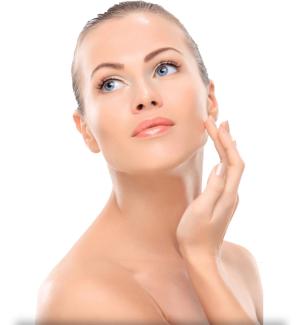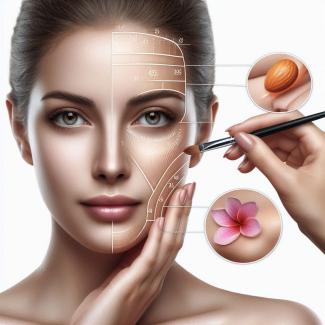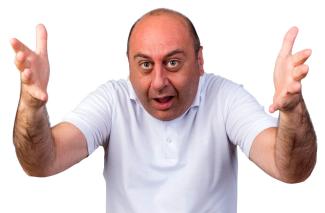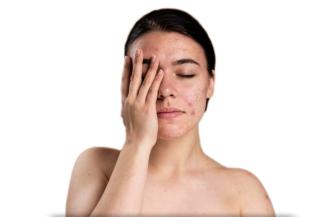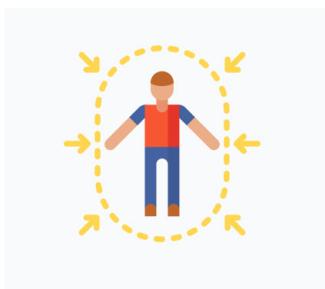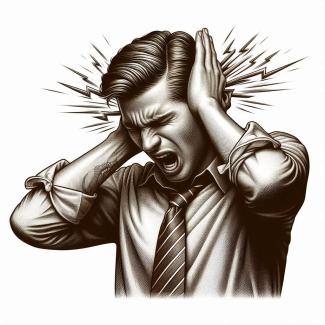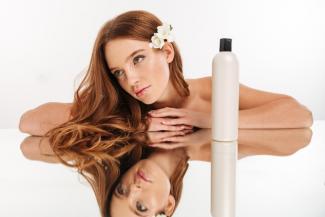
Shampoo alone cannot truly restore damaged hair. While many shampoos claim to repair or restore damaged hair, it's essential to understand the limitations of what shampoo can do for your hair. Shampoos primarily serve as a cleansing agent for your hair and scalp. They can help remove dirt, excess oil, and product buildup, but their ability to repair or restore damaged hair is limited.
Damaged hair typically results from a variety of factors, such as heat styling, chemical treatments, environmental factors, and overall hair care practices. The damage may manifest as split ends, breakage, dryness, or loss of elasticity. To address these issues, you need to consider a more comprehensive approach, which may include:
- Conditioner: A good conditioner can help improve the moisture and manageability of damaged hair. It can temporarily improve the appearance and feel of your hair by providing hydration and smoothing the cuticle, reducing frizz and making hair easier to detangle.
- Hair Masks and Treatments: These specialized products contain ingredients designed to penetrate the hair shaft and provide deeper repair and nourishment. Ingredients like keratin, amino acids, and oils can help strengthen and improve the condition of damaged hair.
- Heat Protection: Using heat protectants before heat styling can help prevent further damage from hot tools like flat irons and hair dryers.
- Trimming: To get rid of split ends and prevent further damage from traveling up the hair shaft, regular trims are essential.
- Gentle Hair Care Practices: Avoid over-shampooing, excessive heat styling, and harsh hair treatments. Be gentle when brushing or detangling wet hair to minimize breakage.
- Diet and Nutrition: A balanced diet with the right vitamins and minerals can contribute to the overall health of your hair.
Shampoos labeled as "repair" or "restorative" often contain ingredients like proteins or amino acids that can temporarily improve the appearance of damaged hair by providing some strength and moisture. However, they do not offer a permanent solution to repair truly damaged hair.
To address damaged hair effectively, you should consider a holistic approach that combines the use of appropriate hair care products, healthy hair care practices, and a balanced diet. Consulting with a professional hairstylist or trichologist can provide personalized advice and solutions for your specific hair concerns.

